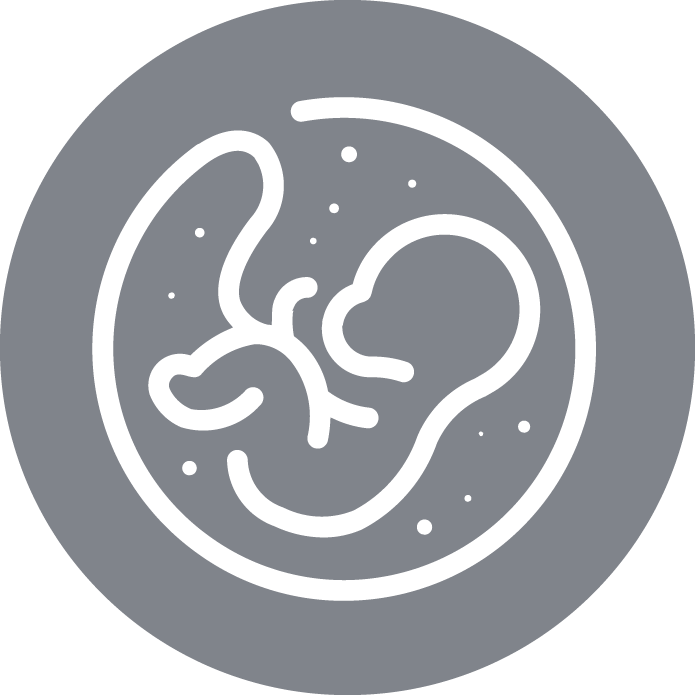Formal training in Assisted Reproduction is a requirement in most centers worldwide" Nicolás Garrido, Director of the Master of Continuing Education in the Biotechnology of Human Assisted Reproduction and Embryology.
As the 12th edition of the Master of Continuing Education in the Biotechnology of Human Assisted Reproduction and Embryology is about to kick off, we have spoken to its Director, Dr. Nicolás Garrido, regarding the importance of offering patients the latest solutions in reproductive issues and, therefore, being in contact with the specialists who develop them and studying first-hand the techniques that enable a step forward to be taken in an increasingly competitive professional career.
"The Master of Continuing Education in the Biotechnology of Human Assisted Reproduction and Embryology is an opportunity for those who work in a fertility center and do not have formal training, as it is already an essential requirement in most centers, as well as being an obligation to offer patients the most effective treatments", points out Garrido, highlighting the value of this on-line postgraduate course "for those entering the labor market after completing a degree in the health sector and who are seeking a dynamic sector in constant growth".
Why this Master's Degree rather than another?
This Master's Degree is one of the best, first and foremost, because of the faculty, which is made up of world opinion leaders in each of the areas. We have experts in ovarian stimulation, egg donation, clinical embryology laboratory, IVF laboratory, etc., as well as specialists in the most innovative areas, such as ovarian rejuvenation, artificial intelligence, sperm selection, stem cells or bioengineering.
We are now in our 12th edition, and we have been using the feedback previous editions. Therefore, I can guarantee that this postgraduate course is extremely mature and is constantly improving.
What are the new features for students in this edition?
Given the large amount of scientific production, we have increased all the contents related to genetic analysis and artificial intelligence. Being able to choose the best embryo or being able to genetically analyze all the characteristics of embryos in-depth are the lines on which some of our research is focused, in addition to ovarian rejuvenation. All of this is shared with the students so that the Master of Continuing Education in the Biotechnology of Human Assisted Reproduction and Embryology is a unique training experience at this moment of scientific evolution.
Who is this Master's Degree aimed at?
The on-line, distance learning Master's Degree is usually studied by two student profiles. First of all, it is aimed at those who are already working in Assisted Reproduction. This is a very dynamic field, where knowledge is generated very quickly and not being up to date means that you are failing to offer the best service to patients, which is a must in medicine. Most fertility centers in so many countries are already calling for professionals with formal training in this area, and not all of them have it. On the other hand, if they have already obtained an academic degree related to the area, some of our alumni have done so to ensure that they are prepared with the most current knowledge.
Other potential students are those who are not yet in the labor market or who wish to make a change. This postgraduate course opens doors to reproduction centers through extracurricular internships, which can be obtained by enrolling in our Master's Degree.
Let's review the present and the future of Assisted Reproduction. Where are we now and where are we headed?
Right now, we are enjoying all the advances and developments that have been implemented over the past 40 years. We have some results and a capacity to solve problems related to infertility that would have been unthinkable just 5 years ago.
Regarding the future, I would say that artificial intelligence, for example, is a great field that is opening up in order to learn about disease causes and treatments. We will shortly be activating non-functional dormant ovaries and sperm production in patients who lack spermatozoa.
When will all this take place?
After 30 years of training professionals to enter infertility research and treatment, it will be here sooner rather than later. Our training center is a great breeding ground that never ceases to generate assets to advance in reproductive medicine.
The Master of Continuing Education in the Biotechnology of Human Assisted Reproduction and Embryology will kick off in November 2023. Click here for more information.



